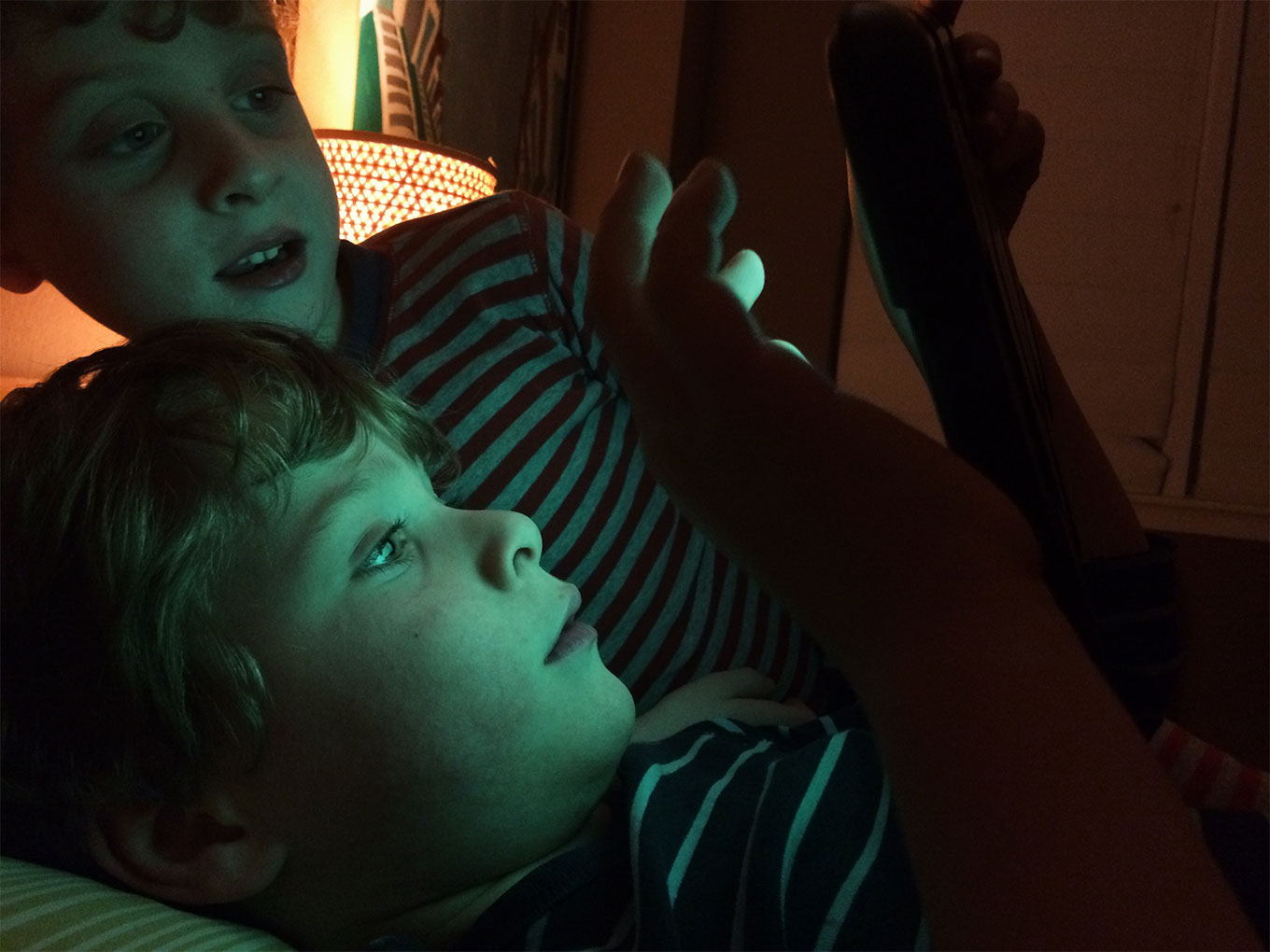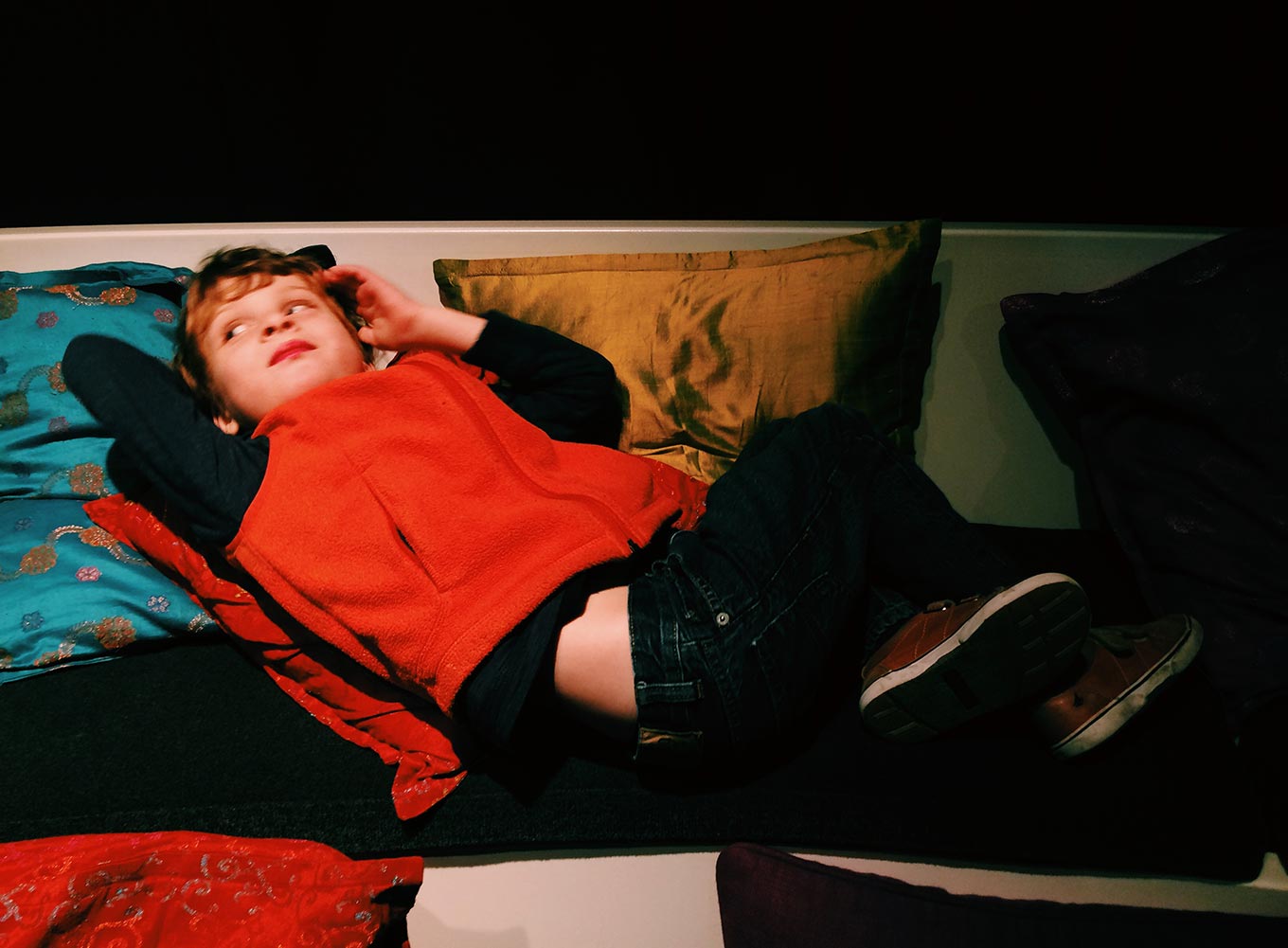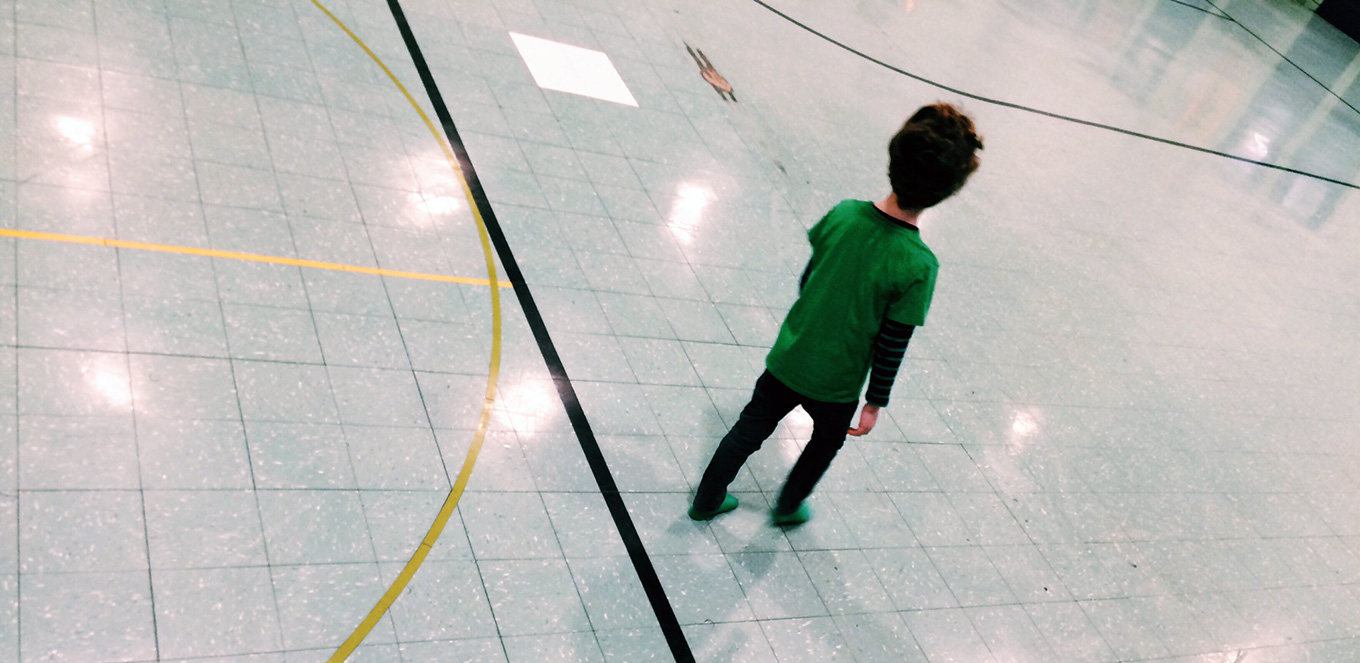Note: Because of the holidays, my December "What I've been reading" post is a little earlier than usuual.
Here are some things I’ve read this past month that I found helpful, informative, or inspiring. If you like this and find it helpful, please share with others. Thanks!
Opinions and insights
Ability is more than the sum of savant skills "Autism is commonly conceived of only as a set of serious deficits, except for when it confers spectacular, miraculous-seeming, but isolated savant abilities or splinter skills. This is a problem." Read more
We’re Doing Autism Research All Wrong | MIT Technology Review "We’re sinking millions into the search for a 'cure,' even though we now know that autism is not a disease but rather a neurological difference, one that cripples some of us while bringing a few others extraordinary gifts." Read more
When I Slowed Down and Actually Listened to My Brother With Autism "I’m betting you have a loved one who you rush. Whether it’s yourself, your child, your sibling, your spouse…maybe you’re rushing language, skills, getting out the door on time. Don’t beat yourself up over it, but do go ahead and slow down." Read more
What’s MSSNG in Autism? "...this effort won’t help any of the autistic children today. Benefits may flow from the research one day, but the beneficiaries will be tomorrow’s children. Today’s children will be long grown up, for better of for worse." Read more
The Letter I Would Have Written for My Parents When I Was Still Nonverbal "I hope for any parent who reads this letter — coming from a now 26-year-old adult on the autism spectrum — that you never give up on your loved ones. The autism spectrum is wide and everyone’s journey is going to be slightly different. Become an advocate because by doing what you’re doing now, you not only give hope to your loved ones but you give hope to the autism community." Read more
The Hardest Part of Autism "And that is now the hardest thing about autism – my inability to shield him forever from judgment, ridicule and mean children and adults." Read more
On Autism Speaks' Suzanne Wright, the frustrated savior From the always excellent Emily Willingham: "If you admit that others can understand the people for whom you claim to speak, then you cannot position yourself as the savior. The Wrights founded Autism Speaks to save their grandson. When others build a bridge to understanding and acceptance, a savior is no longer needed. The raison d'être of their entire organization crumbles if people start building bridges past and through and around them between non-autistics and autistics." Read more
Science and news
SD (San Diego) Man With Autism Defies Odds, Graduates Law School. A lovely, hopeful story. Read more
Google Teams Up With A Controversial Research Group To Figure Out Autism "Google and an autism research group have launched a new program to help scientists study autism and come up with new treatment options." Read more
Gauging intelligence in autism over time "Ultimately, however, we should aim to be less reliant on tests designed for young children, as the activities used to measure IQ in toddlers and preschoolers are less relevant for adolescents and adults, and may fail to capture their true cognitive abilities." Read more
Risperidone has no effect on core symptoms of autism "Results from a ten-year study, published 19 November in the Journal of Child and Adolescent Psychopharmacology, bolster the idea that risperidone has no effect on the core symptoms of autism." Read more
New method helps resolve conflicting autism diagnoses "To diagnose autism, clinicians often rely on two standardized diagnostic tests: the Autism Diagnostic Observation Schedule (ADOS) and the Autism Diagnostic Interview-Revised (ADI-R). But the results of these two tests do not always jibe...A new method, described 28 October in the Journal of Autism and Developmental Disorders, aims to fill this void." Read more

 We didn’t experience the almost supernatural bond between our boys that many other twin parents talk about…the secret language, the shared connection.
We didn’t experience the almost supernatural bond between our boys that many other twin parents talk about…the secret language, the shared connection. I have not always been the most grateful person. In fact, when I used to hear people talk about how gratitude was a gift, I thought they were being a bit disingenuous.
I have not always been the most grateful person. In fact, when I used to hear people talk about how gratitude was a gift, I thought they were being a bit disingenuous. Here are some things I’ve read this past month that I found helpful, informative, or inspiring. If you like this and find it helpful, please share with others. Thanks!
Here are some things I’ve read this past month that I found helpful, informative, or inspiring. If you like this and find it helpful, please share with others. Thanks!